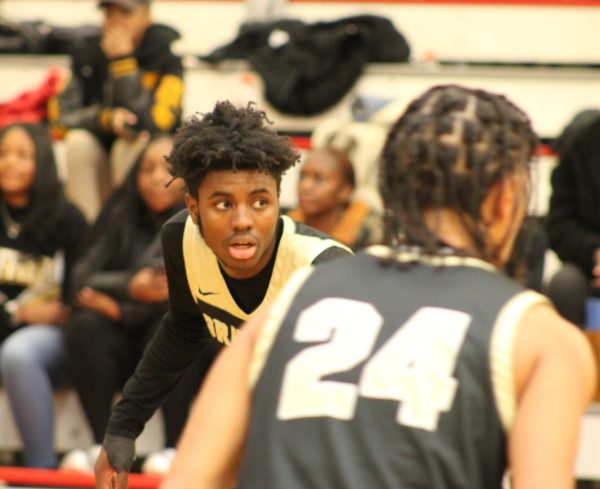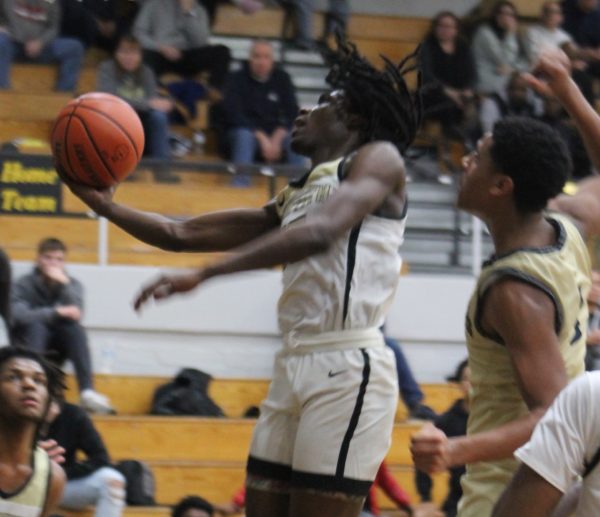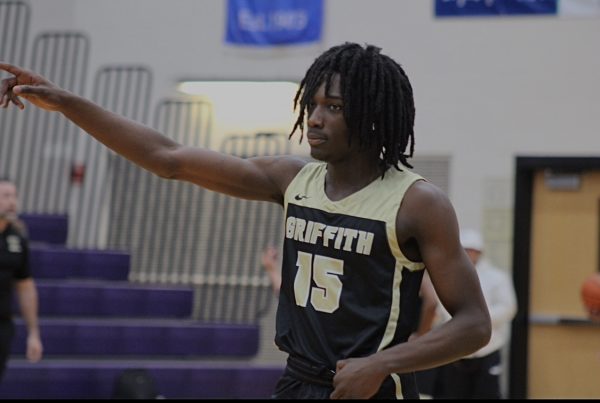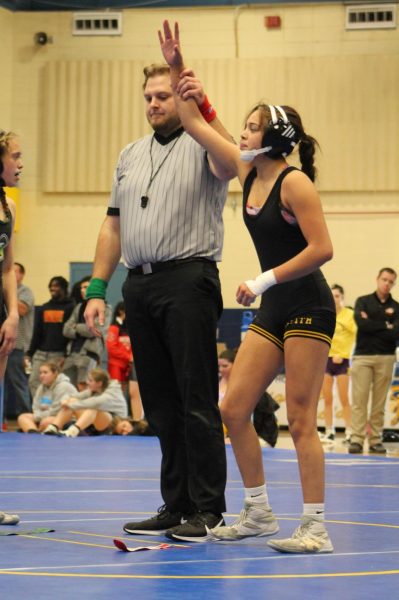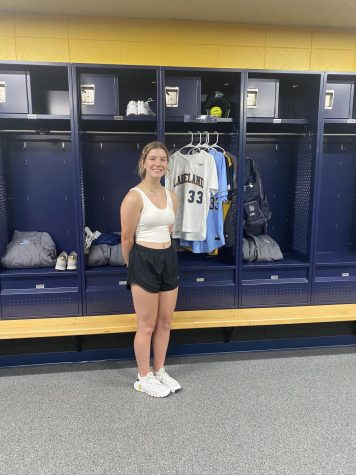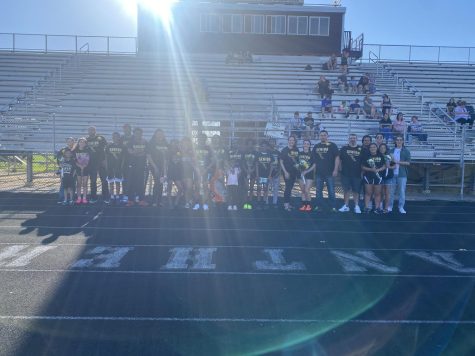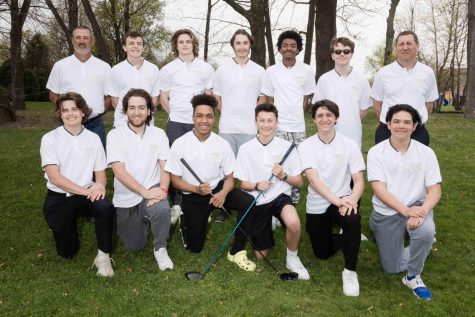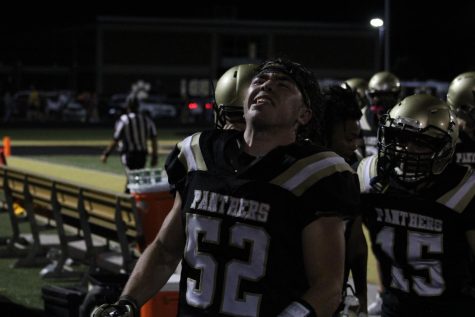The Impact of Injuries in Athletics
November 18, 2019
Did you know that there is an estimated 8.6 million sports injuries every year? According to Weinstein Legal, most injuries tend to happen within high school and college, as 7.6 million students participate in sports programs nationwide.
Reasons for injuries can stem from weakness due to limited conditioning. Each year, most high school sports take part in pre-season conditioning which includes weight lifting and endurance. Working before the season starts reduces an athlete’s chance of getting injured by improving muscle growth and overall health. According to a review in the Journal of Sports Medicine, strength and conditioning training reduces sports injuries to less than 1/3.
Injuries can also occur from a bad warm up. Warming up reduces the risk of injury and improves overall performance. A warm up raises your body temperature and increases blood flow to the muscles. A dynamic warmup, which starts off slow and gradually increases in speed and intensity, is the most common. After warming up, athletes should also stretch to improve flexibility and movement of their joints. By stretching, athletes are lowering their chance of pulling a muscle or experiencing soreness.
Sports injuries can also occur from being in poor health. Athletes can improve their health by staying hydrating, exercising daily, getting about 8 hours of sleep at night, and eating healthy foods.
Drug abuse affects the body both physically and mentally. Some physical side effects of drug abuse include dizziness, impaired balance and coordination, nausea, and increased heart rate. Drugs also affect athletes mentally by causing confusion, distortions in perception, and anxiety. An athlete can not perform their best when under the influence, therefore increasing the chance of injury by significant amount.
Coaches also have a big influence on sports injuries. Regarding sports, athletes generally trust and look up to their coaches, wanting to be the best they can be. Coaches can affect athletes by not doing pre-season training and by not teaching them how to properly warm up and cool down. In contact sports, the coaches must teach their athletes how to properly “be aggressive.” For example, in football, the coach must teach the athletes how to properly tackle. Without athletes knowing how to properly play the sport, many injuries can take place.
Here at Griffith High School, many injuries have taken place within the last two months. For example, senior Logan Harder went through shoulder surgery to fix his rotator cuff and labrum. He got injured by pitching for his travel baseball team.
“It makes me nervous because I don’t know how it’s gonna affect my pitching in the future,” said Harder.
I am an also example of someone who has been affected greatly by a sports injury. On September 19, near the end of the girls varsity soccer game against Portage, my teammate passed the ball to me, so I ran to the corner and went to cross the ball. As I did, one of the Portage players ran into my knee, causing my knee cap to dislocate out of place. The athletic trainer popped it back into place on the field and helped me until I was picked up to be taken to the emergency room.
The next day, I went to see an Orthopedic Surgeon and got an MRI. I later found out that I completely ruptured my anterior cruciate ligament (ACL), my meniscus, and my medial collateral ligament (MCL). I underwent surgery on October 21, where the surgeon replaced my ruptured ACL with a patella tendon graft and fixed my meniscus.
The first week was extremely painful for me. I had to lay in bed all day long every day and even needed help just to get up to go to the bathroom. I felt both physically and mentally weak. I felt physically weak due to the amount of pain I was in. I felt mentally weak due to feeling as if I couldn’t do anything on my own and to the fact that my soccer season ended early.
The recovery for an ACL and meniscus repair is between nine to twelve months with intense physical therapy three times each week. The thing that affects me the most is the fact that I might not make it back to play my senior season of soccer.
My tips for everyone is to read this and do what the paragraphs say: take part in pre-season training, warm up and stretch before every game and practice, take care of your health, don’t do drugs, and learn how to properly play the game. If I would’ve followed these tips, I could’ve avoided this injury and the heartbreak that came with not being able to do what I love.


